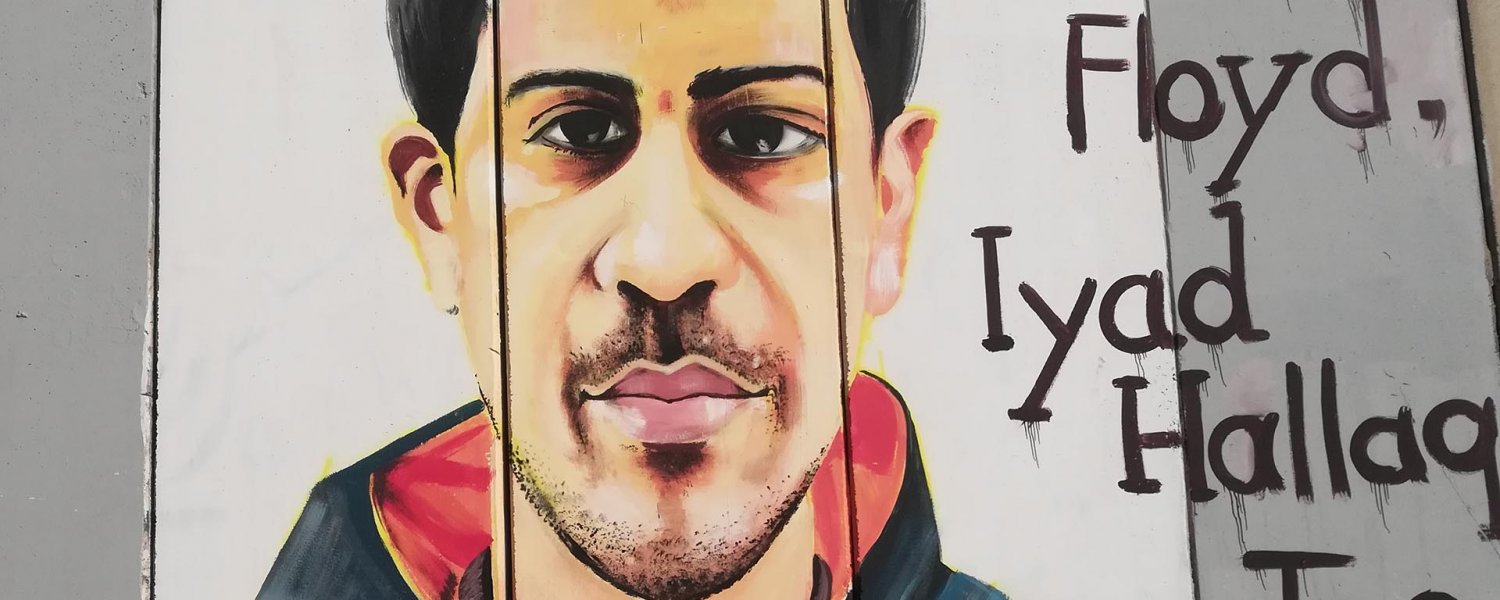The family members of an autistic Palestinian man, Eyad Hallaq, who was shot and killed by an Israeli policeman in May 2020, are taking their case to the Israeli Supreme Court after prosecutors refused to appeal the policeman’s acquittal.1
On September 5, 2023, Adalah—The Legal Center for Arab Minority Rights in Israel, along with al-Mezan Center for Human Rights, filed a petition to the Supreme Court on behalf of Hallaq’s parents against the decision of the Police Investigation Department (PID) and the State Attorney’s Office not to appeal the Jerusalem District Court’s ruling that acquitted the Israeli border police officer who killed their son.
The Supreme Court has given the prosecutor’s office 21 days to respond to the family’s claim that refusing to appeal the case effectively broadens the definition of allowable self-defense. The court refused to expedite its ruling, as requested by the family.2
According to Adalah, which is representing the Hallaq family, “The decision of the State Attorney’s office perpetuates Israel’s systemic policy of near-blanket impunity for its police and other armed forces when they kill and injure Palestinians, and sanctions this impunity in its legal system.”3
On July 6, 2023, the Jerusalem District Court found the policeman who shot and killed Hallaq innocent of reckless manslaughter charges. “The District Court’s ruling,” says the Hallaq legal team, “grounded entirely in the police officer’s subjective ‘perceived danger’ and the police officers’ misunderstanding of the situation, absolves the officer of criminal liability, as the court concluded that his actions were reasonable given the circumstances.”4
The decision by the Israeli justice department to bring charges against the policeman was a rare instance in which Israeli police and security officials have been investigated for hurting or killing Palestinians. Yesh Din, an Israeli human rights organization, found that between 2017 and 2022 only 4.4 percent of complaints filed by Palestinians against Israeli military forces in the occupied West Bank led to indictments—much less convictions.5


